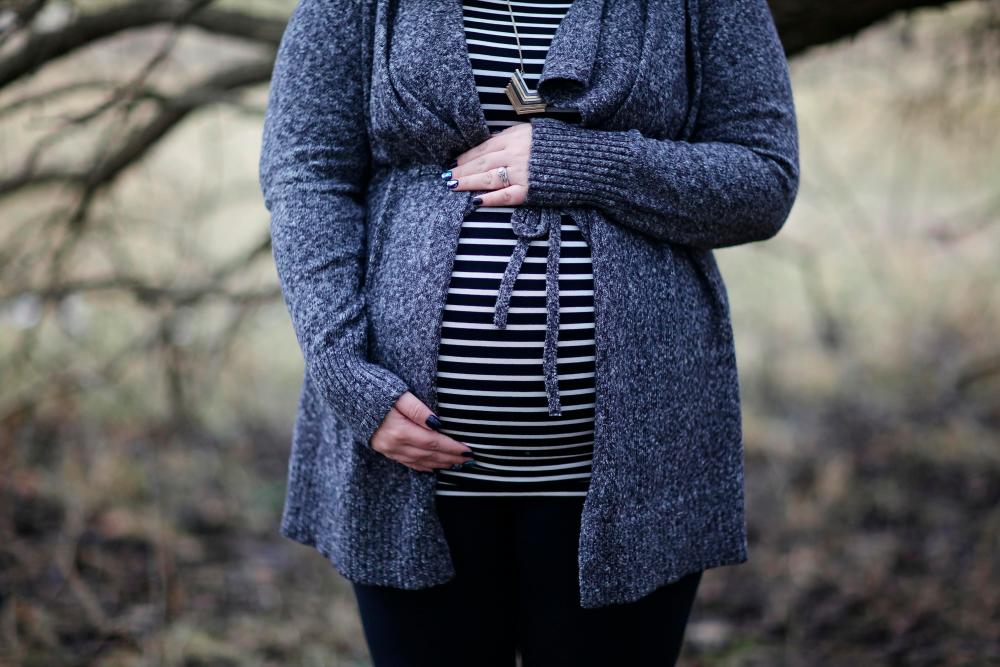PETALING JAYA: Of the 44,263 cases of teenage pregnancies recorded in Malaysia over the past five years, 17,646 involved unmarried girls.
However, while having a transit home for them is a positive move, it is not a permanent solution, said Universiti Teknologi Mara Social and Policy Studies lecturer Prof Dr Yarina Ahmad.
She was commenting on Dawn Hope, the country’s first transit home in Kuching, Sarawak, which offers protection, healthcare, mental health services, counselling and parenting guidance for young girls.
“It is praiseworthy to have such a home, but it should not be a permanent solution. Efforts should instead focus on comprehensive sex education, parental guidance and community awareness.
“Providing such services at the home serves as a crucial support system, but real change requires a broader societal shift in education and awareness. If the number of cases continues to rise, will we keep building more transit homes? That would indicate deeper social problems,” she said.
Yarina stressed that ensuring the home is a safe and non-judgmental space for teenagers requires strict privacy protection and proper policies.
She added that clear regulations must uphold residents’ confidentiality and staff must receive specialised training to handle sensitive situations with care, focusing on supporting them.
“Societal stigma remains a major challenge, making teenage pregnancy a taboo subject. The strong culture of blame and shame often isolates pregnant girls, making it harder for them to seek help.
“To address this, education is key – not to normalise teenage pregnancy but to encourage understanding. If society refuses to help, where else can these girls go?”
She also pointed out that schools play a key role in early intervention by identifying cases and preventing escalation.
Students facing issues related to inappropriate sexual activity should feel safe reporting them to teachers to ensure proper guidance.
“In 2010, a politician suggested that teenage pregnancies could be resolved through marriage, but this is not a viable solution. Forcing unprepared individuals into marriage could lead to more problems, which is why comprehensive sex education should be introduced early as a preventive measure.”
Yarina noted that a transit home can benefit parents who are unable to care for their pregnant children.
For teenagers, being surrounded by others in similar situations can provide emotional support and reduce feelings of isolation.
Sarawak Women for Women Society president Dr Angie Garet described the transit home as a support initiative that helps pregnant teens receive comprehensive assistance, including counselling, parenting education and coping strategies to manage stress, mental health challenges and relationships.
“The home is set to begin operations next month, and pregnant teens seeking refuge there will undergo an interview and screening by Pertubuhan Pergerakan Insan Sarawak, which will manage the facility.
“It is specifically for those who have no one to care for them, and provides a safe space free of charge until they give birth, helping them transition into life after leaving the home,” she said.
Garet emphasised that confidentiality is a priority to ensure the transit home remains a safe and non-judgmental space for pregnant teenagers.
She highlighted that the long-term goal of the initiative is to support young mothers while also reducing cases of abandoned babies and baby dumping by providing a safe space for those in need.









